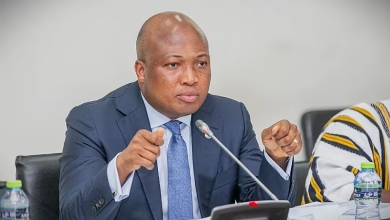The leadership of Palestinian armed group Hamas is reeling after the assassination of its political leader, Ismail Haniyeh, in an Israeli strike in Iran.
Haniyeh, 62, was a prominent member of Hamas since the late 1980s and led the group’s political outreach efforts.
His death has sparked concerns about the future of the Gaza ceasefire and the potential for internal power struggles within Hamas.
Haniyeh’s killing has created uncertainty about his succession, as he was due to step down in 2025 due to term limits. His death may expedite a leadership battle between competing factions within the movement.
Arab diplomats viewed Haniyeh as a pragmatic leader who favored political outreach over military action, unlike other top leaders like Mohammed Deif, who heads the military wing of Hamas.
Hamas officials insist that Haniyeh’s death will not weaken the group or lead to concessions. However, the succession process is expected to be lengthy and chaotic, with rivalries between those seeking a negotiated settlement and hardline elements allied with Iran.
The recent assassinations of Haniyeh and his deputy, Saleh al-Arouri, may embolden hardliners within the movement.
Possible candidates to replace Haniyeh include Yahya Sinwar and other senior leaders. The CIA has noted tensions among Hamas commanders, with some urging greater flexibility in negotiations.
However, the anger over Haniyeh’s death may empower hardline elements, influencing the direction of the movement.
